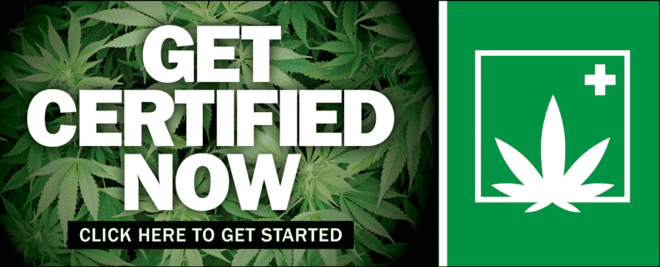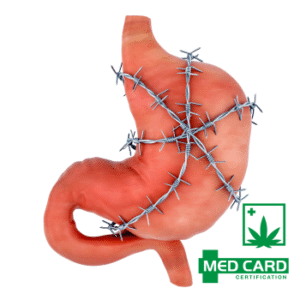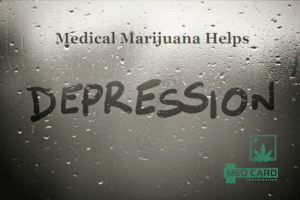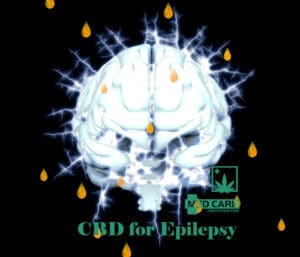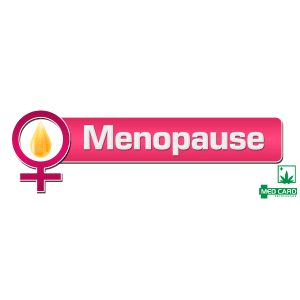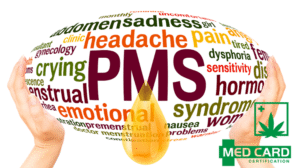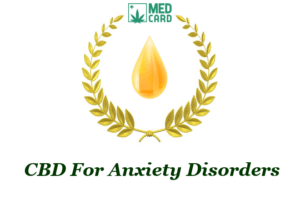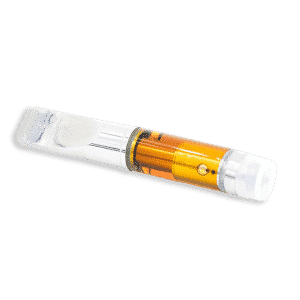Researchers have revealed that marijuana works against muscle spasms by reducing inflammation, which is by the way known to cause the condition. According to a study that was carried at the University of South Carolina, the immune system’s response to muscle injury is reduced and the system inflammatory proteins are deactivated by THC, a major compound in medical cannabis.
A Muscle spasm, which is alternatively known as muscle cramp, is a sudden and involuntary contraction of one or more muscles. This condition occurs when a muscle involuntarily and forcefully contracts and is unable to relax. Muscle spasms are quite common and even though they typically involve part or all of a muscle or several muscles in a group, they could as well affect just about any muscle. However, he most common sites for muscle spasms are the calves, foot arches, thighs, arms, hands, abdomen and sometimes along the rib cage. Muscle spasms that occur in the calves are known as charley horses.
Muscle spasms often occur in various intensities ranging from mild twitches to severe pain. Also, the spastic muscle may feel harder than usual when touched and or appear visibly distorted. Moreover, it may also show visible signs of twitching. In terms of duration, muscle spasms may last for a few seconds to fifteen minutes or longer and could as well reoccur multiple times before going away. Of course, muscle spasms can occur to anyone at any time and it doesn’t matter if you are young, old, active or sedentary. It can equally happen when you walk, sit, perform any exercise or even when you are asleep.
Some individuals are more prone to muscle spasms and such people get them regularly with any physical exertion. However, infants, older people above 65 as well as individuals who overexert during exercise are at greater risk of muscle spasms. Muscle spasms are caused by a variety of factors, including muscle fatigue, dehydration, exercising in heated temperatures, insufficient stretching before physical activity, as well as electrolyte imbalances in potassium, calcium and magnesium.
Some of the causes of muscle spasms include poor blood circulation, hormone imbalance, strained muscles, spinal cord injury, chronic pain, obesity, pinched nerve, and head exposure. Generally, muscle spasms often disappear on their own, even though you may need to see a doctor if the symptoms are too severe. Thus, there are some prescription medications for muscle spasms such as Cyclobenzaprine, Tizanidine, and Baclofen. Most of these medications are associated with side effects including drowsiness, nausea, shortness of breath, chest pain, dry mouth, depression, and even headaches.
The side effects associated with medications used in treating muscle spasms have prompted researchers to explore the use of medical marijuana. It has been revealed that many patients have responded positively to the use of marijuana in treating muscle spasms and that explains why it has been approved for treating muscle spasms in many states across the USA. For instance, states like Alaska, Connecticut, and Pennsylvania have approved the use of medical marijuana in treating muscle spasms caused by an underlying medical condition.
It has also been proven that THC influences the endocannabinoid system (ECS). The ECS is a network of cell receptors throughout the body that impact the feelings of pain. Of course, the feeling of pain can also result from inflammations, like in the case of muscle spasms. That said, whenever medical marijuana is used, cannabinoid receptors in the endocannabinoid system bind with THC and CBD, thereby prompting THC to start an anti-inflammatory response, which prevents inflammation and muscle spasms after an injury.
Most studies on the effectiveness of medical marijuana on muscle spasms tend to center on its use on muscle spasms caused by an underlying condition like multiple sclerosis (MS). A 2013 study was conducted on multiple sclerosis (MS), which is characterized by inflammations that also damage nerve fibers. The study confirmed that medical marijuana reduces inflammations. As a matter of fact, the findings from the study indicated that THC and CBD reduced the phenotype responsible for inflammation in MS.
The findings from another study on muscle spasms indicated that oral cannabis extract improved patient’s spasticity, or muscle cramps, at twice the rate of the given placebo. Another research effort featured more than 500 subjects and over half of the participants of this study reported more than 20% improvements in spasticity after a month of treatment with Sativex, an oral cannabis spray produced by GW Pharmaceuticals.
Well, the truth is that the studies on medical marijuana as an alternative effective treatment of muscle spasms are still scanty. Therefore, as pharmaceutical companies become involved in producing and distributing medical marijuana, there is a need for more research about how and why medical marijuana affects chronic muscle spasms caused by other issues that are unrelated to diseases like Multiple Sclerosis.
Sources:
Marijuana strains reported to help with Muscle Spasms:
Blue Dream
White Widow
Green Candy
Afghan Kush
Snoop Dog
The Hog
Head Cheese
Mendo Purps
Redwood Kush
How To Get Medical Marijuana
If you are a resident of a legal state, to get started, simply fill out the MMJ patient registration form, press submit and a physician or clinic representative will contact you as available.

